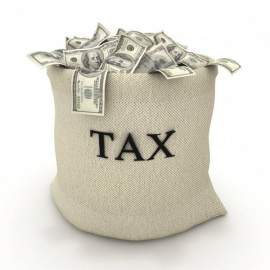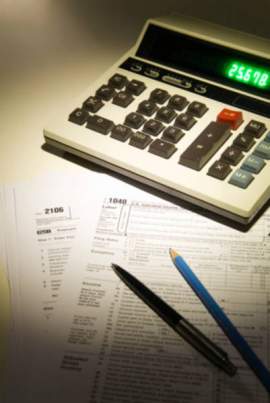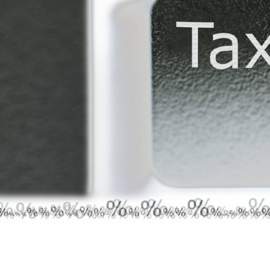
Council Tax

What is the Council Tax?
The council tax is the system of local taxation used in the United Kingdom nations of England, Scotland, and Wales. The council tax has been in effect in these places since 1993, when it replaced the community charge system of local taxation. The council tax is determined by residential property owned by the taxpayer.
Calculating the Council Tax
Council taxes are determined by the local rates for the ownership of property by the taxpaying individual. They are collected by the local collecting authority and distributed to various precepting authorities. These precepting authorities include strategic authorities, joint boards, public-owned utilities, lowest-tier authorities, and special purpose authorities.
1. Band Determination
Every property within the council tax is given a band level, which is determined by the estimated value of the property. There are 8 bands (or 9 in Wales), which are listed from A to H. Each local authority establishes the rates for a “D” property with two resident taxpaying adults. This basis will then formulate the tax rates for all bands, according to the per-established formula set by the council tax laws. Higher valued properties, identified as E, F, G, and H properties, will pay more from the base rate, while lower valued properties, identified as A, B, and C properties will pay less.
2. Tax rates by band classification
While properties classified as band D will pay 100% of the determined taxes, each tax away from the D band in either the higher or lower value bands will pay a per-determined percentage amount. The lowest valued properties, in band A, will pay 67% of the standard rate. Band B properties will pay 78% of the full rate, while Band C properties will pay 89% of the full rate. Properties valued above band D properties will pay more, with the highest band, H properties, will pay 200% of the standard rate.
3. Exemptions
Certain properties are not subject to the council tax for various reasons. The following are some of the most common exemptions:
- Dwellings which are unoccupied and require extensive work or have recently been finished.
- Dwellings owned by charities
- Dwellings who have residents currently detained in jail or prisons.
- Buildings occupied by ministers of any religion.
- Halls or residences inhabited by students.
- A home where all occupants are under 18.
What the Council Tax is used for
Council taxes only supply about 25% of the total local government budgets. Instead, 75% is paid for by central government grants and business taxes. These taxes help pay for police, fire, garbage collection, schools, parks and numerous local services for the benefit of the local residents. Many local governments must provide these services by the laws and regulations of the central governments.
Many reforms have been suggested, especially as the taxes do not consider the income levels of the occupants of a residence. Instead, the sole basis for taxation rates for council taxes are the perceived property value of the building. Council taxes also apply to renters, who may be renting a building in which they could not afford to purchase.
NEXT: Death Tax





















